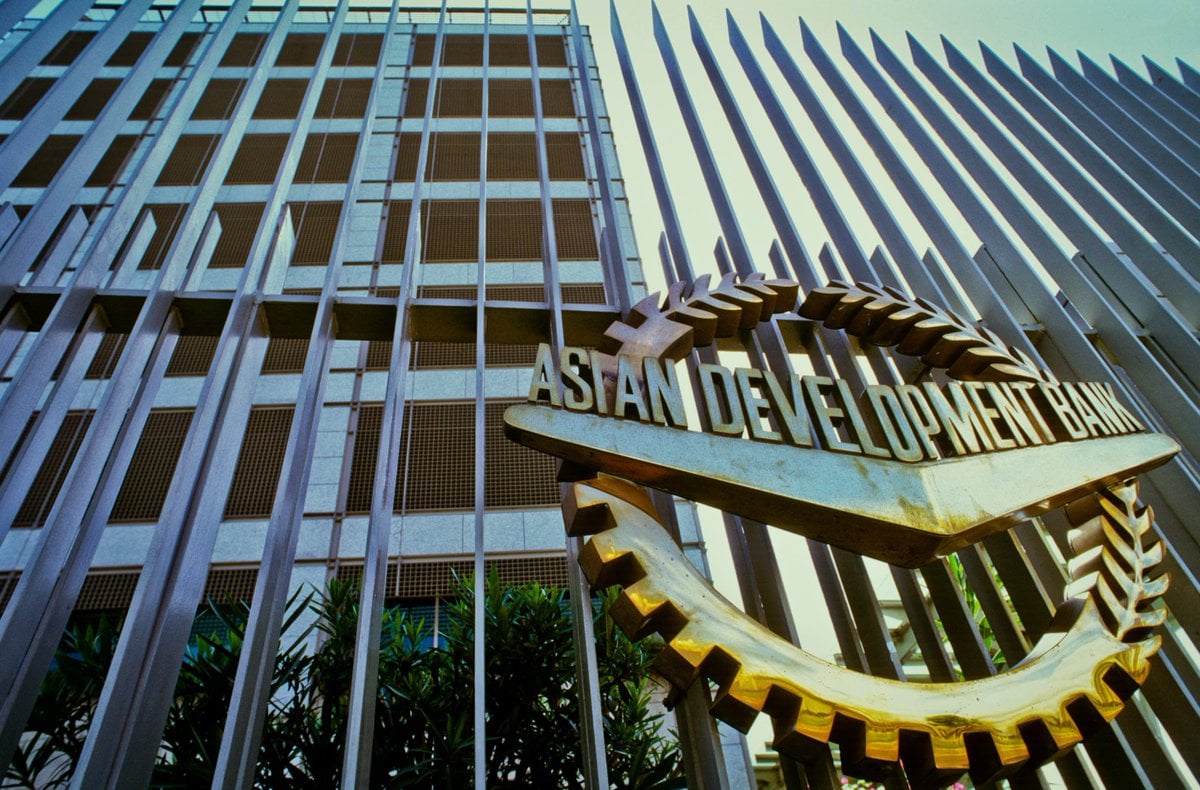PTBP Web Desk
The Asian Development Bank (ADB) has approved a significant loan of $320 million to support the rehabilitation and development of rural roads in Khyber Pakhtunkhwa (KP), Pakistan.
The project, announced on Friday, aims to improve approximately 900 kilometers of roads in the province, many of which are currently in poor condition and highly vulnerable to natural disasters, such as floods. This initiative seeks to enhance safe, reliable, and all-weather connectivity to some of Pakistan’s most underserved and remote areas, fostering economic growth and community development.
According to an official statement released by the ADB, the Khyber Pakhtunkhwa Rural Roads Development Project will focus on upgrading key transportation routes that link isolated communities to critical resources such as education, healthcare facilities, and local markets. These improvements are vital to enhancing the socioeconomic well-being of the region’s rural population.
One of the standout features of this project is its emphasis on climate resilience. The ADB highlighted that the roads will be built with climate-resilient designs, ensuring that they can better withstand the growing risks posed by natural disasters, including flooding and landslides, which have become more frequent due to changes in annual rainfall and temperature patterns in the region. These measures will ensure that the new infrastructure lasts longer and remains functional during extreme weather events, minimizing disruptions to local communities.
The project also integrates road safety enhancements and sustainable maintenance practices, which will be crucial in ensuring that these roads remain safe and operational for years to come. In addition to these technical upgrades, the project includes an innovative approach to long-term sustainability. By preparing concessional contracts for the operation and maintenance of two key tourism roads, the project aims to support both the local tourism industry and the ongoing upkeep of the road network.
Yevgeniy Zhukov, ADB Director General for Central and West Asia, emphasized the pivotal role of road transport in socioeconomic development, particularly in rural areas.
“Road transport is both a lifeline to the people and a key component of socioeconomic development in Pakistan. This vital infrastructure project will reduce travel time, lower transportation costs, and increase access to economic opportunities for millions of residents in Khyber Pakhtunkhwa,” said Zhukov.
By reducing the time it takes to travel between remote areas and urban centers, the project is expected to open up new opportunities for residents, particularly in terms of access to markets and services. With better roads, local businesses can flourish, agricultural goods can reach markets more efficiently, and individuals will have easier access to essential services such as healthcare and education.
Zhukov further noted, “By providing better access to markets and services, we are empowering local communities and driving inclusive economic growth in one of Pakistan’s most underserved regions.”
One of the primary challenges facing the road network in Khyber Pakhtunkhwa is its vulnerability to natural disasters, particularly flooding and landslides. In its statement, the ADB emphasized that annual rainfall and temperature patterns have significantly increased in parts of the province, exacerbating the impact of these disasters on people, livelihoods, and infrastructure.
To address this, the ADB will offer technical and financial support to assist the provincial government in developing long-term interventions aimed at enhancing the climate resilience and sustainability of the region’s road network. A comprehensive study on flood susceptibility and landslide vulnerability will be conducted across the province to identify the roads most at risk. This will enable the government to prioritize investments in infrastructure that can withstand these challenges, ensuring that critical transportation routes remain open even during adverse weather conditions.
ADB Senior Transport Specialist Seunghyun Kim highlighted the importance of these studies in the overall success of the project: “ADB will help the government conduct a comprehensive study on flood susceptibility, with a focus on landslide vulnerability across the province, to identify priority roads.”
Kim further added that ADB will also support the government in preparing concessional contracts for the operation and maintenance of two tourism roads, which will contribute to the long-term sustainability of the entire road network.
The rehabilitation and development of rural roads in Khyber Pakhtunkhwa will have far-reaching impacts, particularly in terms of economic growth. By improving access to markets, healthcare, and education, the project will provide local communities with greater opportunities for socioeconomic advancement. Farmers and traders will benefit from reduced transportation costs, enabling them to sell their goods more efficiently and competitively. Additionally, enhanced road safety will make travel within the province safer, reducing the risk of accidents and fatalities on the roads.
The integration of climate-resilient infrastructure ensures that these benefits will not be short-lived. As Khyber Pakhtunkhwa continues to experience more extreme weather patterns, the upgraded roads will play a crucial role in maintaining connectivity and reducing the impact of natural disasters on the province’s economy and society.
The Asian Development Bank has long supported infrastructure and development projects in Pakistan, with a particular focus on promoting inclusive growth and reducing poverty in underdeveloped regions. This latest loan is part of ADB’s broader commitment to helping Pakistan enhance its transportation infrastructure, increase economic opportunities for underserved communities, and improve climate resilience across the country.
With Khyber Pakhtunkhwa being one of Pakistan’s most underserved regions, this project represents a significant step toward bridging the gap between rural and urban areas, ultimately driving more inclusive and sustainable economic growth. By ensuring that local communities have access to reliable, safe, and climate-resilient roads, the ADB is laying the groundwork for long-term development in the province.




